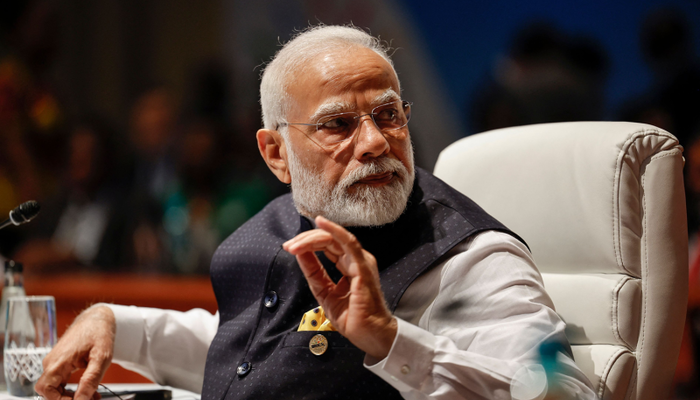Indian Prime Minister Narendra Modi firmly endorsed his government’s 2019 decision to revoke Jammu and Kashmir’s partial autonomy. Modi made this statement days after lawmakers in the region called for the restoration of autonomy.
During a state election rally in Maharashtra, Modi declared his stance on Article 370, which granted partial autonomy to Jammu and Kashmir. “Only the constitution of Babasaheb Ambedkar will operate in Kashmir… No power in the world can restore Article 370 in Kashmir,” Modi said, referencing the architect of India’s constitution.
The decision to revoke Article 370 was part of Modi’s broader vision of fully integrating Jammu and Kashmir into India. Modi’s Bharatiya Janata Party (BJP) took this step in 2019, transforming Jammu and Kashmir into two separate federally administered territories, Jammu and Kashmir, and Ladakh.
Newly Elected Lawmakers Push for Autonomy
Jammu and Kashmir recently held its first local elections in a decade. This election marked a significant political moment for the region, as newly elected lawmakers passed a resolution seeking the restoration of partial autonomy.
PM Shehbaz Sharif Launches Three-Month Electricity Relief Package
The National Conference, Jammu and Kashmir’s ruling party, campaigned on a promise to restore Article 370. However, the ultimate decision rests with Modi’s federal government, which has shown no intention of reversing its 2019 move.
Limited Legislative Power for Jammu and Kashmir
Under the new administrative structure, Jammu and Kashmir lawmakers can legislate on local matters, similar to other Indian states. However, they lack authority over public order and policing. Furthermore, policies with financial implications require the approval of a federally appointed administrator.
The previous system of partial autonomy had granted Jammu and Kashmir its own constitution. The state could create laws independently on matters excluding foreign affairs, defence, and communications. With Article 370 gone, such autonomy is no longer possible under the current federal structure.
A History of Conflict and Dispute
Jammu and Kashmir has faced a long history of conflict. Since 1989, separatist militants have clashed with security forces in the region. It is India’s only Muslim-majority territory, making it a region with distinct political and social dynamics.
The Kashmir region has also been a core dispute between India and Pakistan since both countries gained independence from British rule in 1947. Each country controls part of the region but claims it in full. India and Pakistan have fought two of their three wars over Kashmir, and the territorial dispute remains a critical point of tension.
Follow Day News on Google News, Instagram, YouTube, Facebook, Whats App, and TikTok for latest updates
